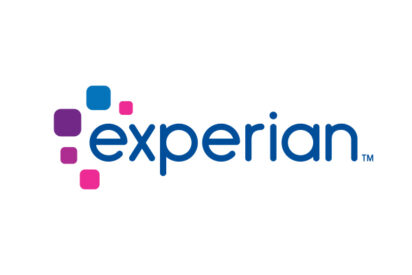The Information Commissioner’s Office (ICO) has ordered credit reference agency Experian Limited to make “fundamental changes to how it handles people’s personal data within its direct marketing services”, § the firm plans to appeal.
The enforcement notice follows a two-year investigation by the ICO into how Experian, Equifax and TransUnion used personal data within their data broking businesses for direct marketing purposes.
A complaint from the campaign group Privacy International to the ICO also raised concerns about the data broking industry, specifically Equifax and Experian, the ICO said.
It added that all three credit reference agencies (CRAs) have now made improvements to their direct marketing services business, and Equifax and TransUnion made the improvements alongside withdrawing some products and services.
The ICO found that significant ‘invisible’ processing took place, likely affecting millions of adults in the UK.
It said it is ‘invisible’ because the individual is not aware that the organisation is collecting and using their personal data, which is against data protection law.
Findings from the investigation have been published today in an ICO report into data protection compliance in the direct marketing data broking sector.
Although the CRAs varied widely in size and practice, the ICO said it found “significant data protection failures” at each company.
As well as the failure to be transparent, the regulator found that personal data provided to each CRA, in order for them to provide their statutory credit referencing function, was being used in limited ways for marketing purposes.
Some of the CRAs were also using profiling to generate new or previously unknown information about people, which it said is often privacy invasive.
The ICO said that despite Experian making progress in improving compliance, it did not go far enough.
Experian “did not accept that they were required to make the changes set out by the ICO, and as such were not prepared to issue privacy information directly to individuals nor cease the use of credit reference data for direct marketing purposes” it reports.
As a result, Experian has been given an enforcement notice compelling it to make changes within nine months or risk further action. This could include a fine of up to £20m or 4% of the organisation’s total annual worldwide turnover.
The ICO’s notice requires Experian to inform people that it holds their personal data and how it is using or intends to use it for marketing purposes. Experian has until July 2021 to do this subject to any appeal.
In the enforcement notice, the ICO states that people have no choice about whether their data is shared with Experian for credit referencing purposes and that Experian’s processing of this data for marketing purposes is unexpected.
Information Commissioner Elizabeth Denham said: “Our investigation uncovered data protection failings that likely affected millions of adults in the UK. Our investigation has changed the way credit reference agencies operate their offline direct marketing services. It has found invisible processing, allowing people to better understand how their data is being used, meaning people can exercise their privacy and data protection rights.
“The information the CRAs are privileged to hold for statutory credit reference purposes was unlawfully used by them in their capacity as a data broker, with poor regard for what people might want or expect.
“The data broking sector is a complex ecosystem where information appears to be traded widely, without consideration for transparency, giving millions of adults in the UK little or no choice or control over their personal data.
“The lack of transparency and lack of lawful bases combined with the intrusive nature of the profiling has resulted in a serious breach of individuals’ information rights.”
The ICO also requires Experian to stop using personal data derived from the credit referencing side of its business by January 2021, which it does currently for limited direct marketing purposes.
Experian’s chief executive officer Brian Cassin said the company plans to appeal the decision.
“At heart this is about the interpretation of GDPR and we believe the ICO’s view goes beyond the legal requirements. This interpretation also risks damaging the services that help consumers, thousands of small businesses and charities, particularly as they try to recover from the Covid-19 crisis,” he said.
“We develop statistical models from data to infer insights useful to businesses and public bodies in order that they can function more efficiently. We do not track internet activity nor do we collect actual consumer purchases, behavioural data or actual preferences, nor is there any location tracking of individuals,” he added.

